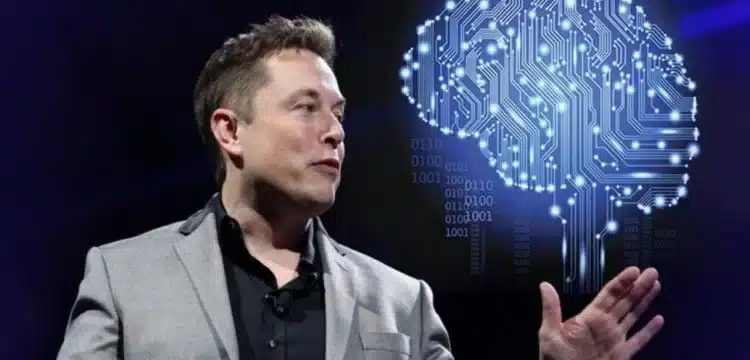[vc_row][vc_column][vc_column_text dp_text_size=”size-4″]Elon Musk’s Neuralink has accomplished the inaugural human brain implant, as revealed by the billionaire in a social media update. The procedure, conducted on Monday, is reported to have resulted in the patient “recovering well.” Musk explained that early findings indicate promising neuron spike detection, a development that could enable control of devices such as phones or computers through thought. The initial focus of this technology is on individuals who have lost the use of their limbs, envisioning a scenario where someone like Stephen Hawking could communicate faster than a professional typist or auctioneer.
The first product from Neuralink, referred to as “Telepathy,” aims to capitalize on this groundbreaking technology. Musk shared this significant milestone on a social media platform labeled as X. Last May, Neuralink received approval from the US Food and Drug Administration (FDA) for its first-in-human clinical trial, involving the implantation of a microchip into the human brain. The approval came amid scrutiny over allegations of animal deaths during brain implant experiments conducted by the startup.
Read more: How Elon Musk Became The Richest Man In The World?
In September 2023, Neuralink initiated recruitment for the PRIME Study, an acronym for Precise Robotically Implanted Brain-Computer Interface. This groundbreaking medical device trial evaluates the safety of the N1 Implant and R1 surgical robot, focusing on the fully-implantable, wireless brain-computer interface (BCI). The trial’s objective is to assess the initial functionality of the BCI in enabling individuals with paralysis to control external devices using their thoughts.
The study involves using the R1 Robot to surgically position the N1 Implant’s ultra-fine and flexible threads in a brain region controlling movement intention. Once in place, the N1 Implant, cosmetically invisible, is intended to record and wirelessly transmit brain signals to an app that decodes movement intention. Initially, the BCI aims to empower individuals to control a computer cursor or keyboard using their thoughts alone.
Elon Musk’s announcement on social media underscores the significance of Neuralink’s achievement in completing the first human brain implant. The technology’s potential applications in enhancing communication for individuals with physical limitations, as exemplified by Stephen Hawking, represent a key milestone in the development of brain-machine interface technology. Neuralink’s progress, from FDA approval to the successful completion of the first human implant, marks a significant step forward in the quest to merge technology with the human brain for medical and functional benefits.[/vc_column_text][/vc_column][/vc_row]











